Your health is so important. & how to stay healthy while traveling is one of the questions I get asked most.
Travel can absolutely wreak havoc on the immune system. Between lack of sleep, airplanes, questionable food choices, less than desirable sanitary conditions, and days (if not weeks) of non-stop activity…it’s a miracle if you don’t get sick.
Luckily, there are a few things you can do to prepare yourself before your trip as well as precautions you can take during.
Before you Go.
- Try to maintain a healthy diet and exercise regime.
- Duh. Most of my suggestions are pretty much a moot point if you already are struggling healthwise. Eat your fruits, veggies, and protein. Go to the gym. A healthy lifestyle does wonders for your immune system.
- Vaccinations.
- All you anti-
vaxxers out there…. get it together. Vaccinations are 100% VITAL for travel and everyday life. You’re not going to contract the illness, trigger autism, or harm your body in ANY WAY by getting vaccinated. The CDC has a very organized website to help you determine which vaccinations and oral treatments you will need before travel. - Some countries require that you receive certain vaccinations to enter and you must provide paperwork to prove it. For example, the yellow fever vaccine is required if you are traveling to Colombia and they can deny you entry to the country without it.
- The most commonly required vaccinations are the MMR (measles, mumps, rubella), Hepatitis A, B, and C, Typhoid, Tetanus, Rabies (if you are like me and touch all the wild
doggos ), and oral malaria medication.
- All you anti-
- Pre-Biotics/Pro-Biotics
- What’s the difference? PRE-biotics feed the bacteria you already have and PRO-biotics are live bacteria that you ingest to repopulate your intestines.
- Probiotics are especially helpful if you have recently had food poisoning or other adverse food reactions. Amping up your bacteria before a trip makes sure that your body is ready to digest all the new and foreign food your likely to have. AND gives you more of a fighting chance against food-borne illness.
- Which Probiotic
is best? The more bacteria colonies your probiotic contains thebetter.
- Hydration is key.
- Did you know it can take your body up to a week to fully hydrate? And if you drastically increase your water intake you should supplement with electrolytes (
Pedialyte , hydration packets, etc) so the water sticks with you.
- Did you know it can take your body up to a week to fully hydrate? And if you drastically increase your water intake you should supplement with electrolytes (
Pack it with You.
- Reef-Safe Sunscreen
- I couldn’t possibly count the number of the times I have burnt to a crisp and been miserable for days. So learn from my mistake and pack sunscreen! (Reef-safe kinds are made from zinc and NOT oxybenzone).
- Aloe Vera
- You know..for when you inevitably forget to re-apply your sunscreen. I went through 3 bottles in Indonesia.
- Pepto Bismol Tablets
- A lifesaver if you do happen to get food poisoning.
- Band-Aids & Hand Sanitizer
- I never have room for a full first-aid kit while backpacking but I always throw in a bottle of sanitizer.
- Hydration Packets
- After a night out, long beach day, or extensive hike.
- Bug Spray
- It’s not about the annoying bites. Mosquitos carry Yellow Fever, Dengue Fever, Malaria, and Zika.
- Anti-Itch/Pain relief for Bites
- Even with bug spray, we have gotten mosquito, spider, and unknown bites that drove us absolutely insane.
- Blister Pads
- You’ll be walking around new cities all day, possibly breaking in new shoes, and doing some hiking. You’ll probably need them.
- Jet Lag Pills
- We got these as a gift and I really do feel like they help with the
exhaustion after a long flight. Anything to help you adjust to the new time zone is a big plus.
- We got these as a gift and I really do feel like they help with the
- Ciprofloxacin (Prescription Needed)
- This is a lifesaver for bacterial infections (ie. Severe diarrhea, sinus infections, or UTI). This is a last resort medication and won’t work on viral infections or the flu.
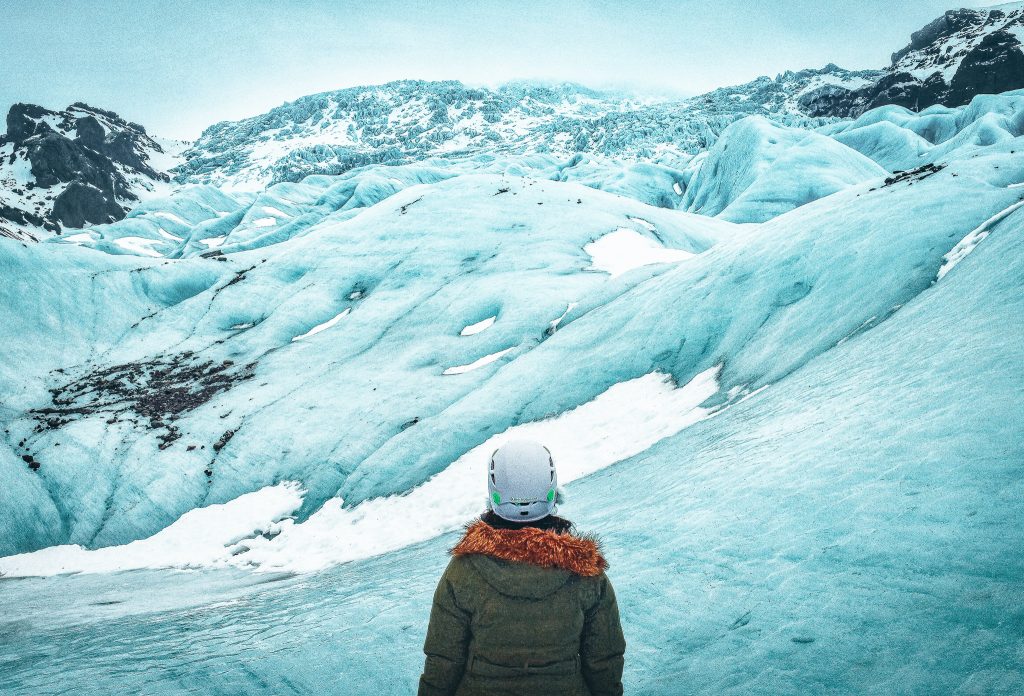
Encountering Altitude?
Altitude Sickness can be extremely dangerous. At higher altitudes, there is less oxygen in the air and therefore less oxygen is getting to our brain, lungs, and tissues. Depending on the individual, effects can be felt at around 6,000ft-8,000ft and worsen the higher up you ascend.
Symptoms include:
- Nausea/Vomiting
- Headache
- Fatigue
- Lightheadedness
- Difficulty Sleeping
- Rapid Heart Rate
There is no way to predict if you will get altitude sickness but you are more prone to it if you..
- ascend rapidly
- live at sea-level and fly somewhere that sits at a high altitude
- are dehydrated
- are under the influence of alcohol
Other than staying 100% hydrated there isn’t a ton of things you can do to prevent it. But you can prepare.
- Iron.
- Iron binds oxygen in the blood so increase your iron intake before your trip. Eat lots of spinach and red meat! If you choose to take a supplement, don’t take more than the 20-25mg dose. You CAN overdose on iron. (and also make yourself very constipated by taking too much)
- Ibuprofen.
- Several studies concluded that taking 600mg of Ibuprofen 8 hours before ascending and then 600mg on arrival can help you to acclimate better.
- Eat Carbohydrates
- Pack in those carbs because you burn more at high altitudes.
- Diamox (Prescription Needed)
- If you know you are prone to altitude sickness you can ask your doctor to prescribe you some!
Symptoms normally subside after 24 hours as you naturally acclimate. I plan an extra day to explore assuming I will feel like garbage day one from jetlag and altitude.
Commonly traveled cities to watch out for this in include.
- Cusco, Peru–11,100 ft
- Bogota, Colombia–8,600 ft
- Mexico City, Mexico–7,400 ft
If you are hiking to high altitudes I recommend checking out this website for more extensive information.
Food-Borne Illness
Many parts of Asia, Africa,
We recently made the best purchase of our life and bought a LifeStraw water bottle. Each filter removes the bacteria/parasites/microplastics/lead in up to 70 gallons of water so we can use tap water from all over the world. Not only is it going to reduce our plastic usage (Yay, for saving the planet) but it saves us money on buying single-use bottles too!
Food and Water Tips
- When brushing your teeth or washing your hands make sure to use filtered water!
- A good way to determine if your ice is filtered is its shape. Circular ice with a hole in the center is always filtered. Crushed ice is typically not.
- The most high-risk foods are actually greens, fruits, and juice where the food is consumed raw. Often locals wash these foods with contaminated water sources.
- Eat the native food of the country.
- American style restaurants and fast-food chains are notorious for spreading foodborne illness in foreign countries. Since this food is non-traditional they often don’t know the best way to prepare it.
- Follow the Crowds.
- The restaurant with the most tables filled and the street food stall with the longest line is always the best choice. The fewer people ordering the longer the food sits out.
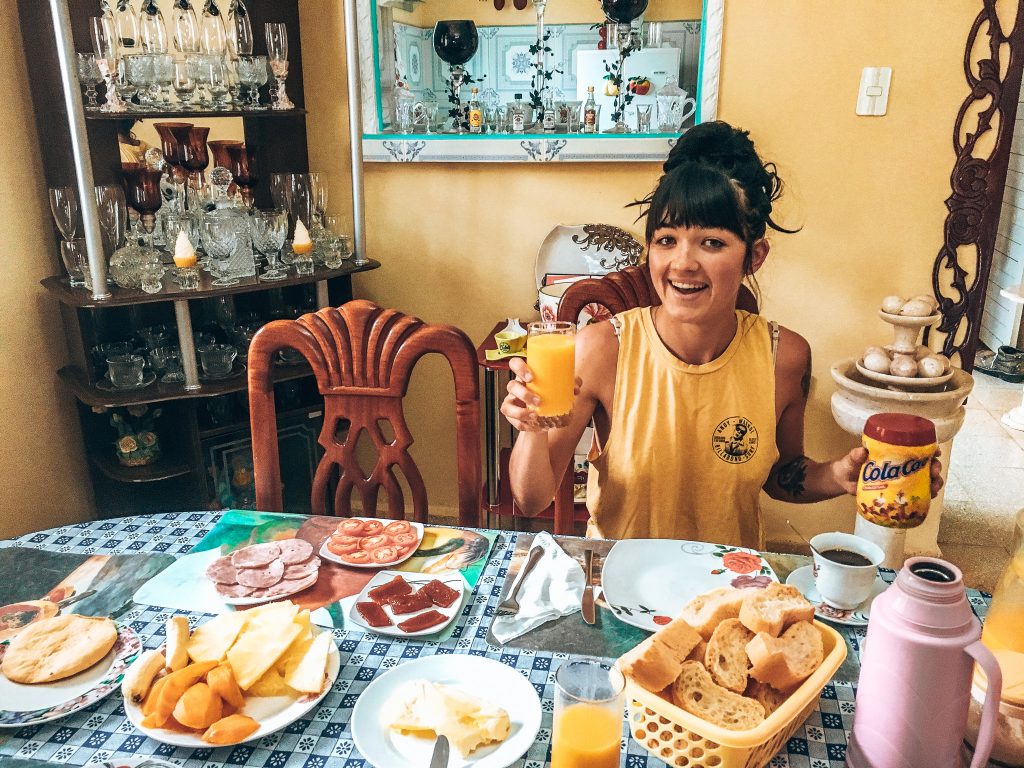
General Safety
I’m not a cautious traveler. I eat all the food. I touch all the animals. I’m no stranger to roughing it. But I am also aware of my surroundings. It’s pretty much my only rule.
Every single country can be traveled to. There are no cities off-limits. If you follow the social norms and customs of a country you can travel wherever you please safely. Just have a healthy level of awareness that you would exhibit in any major American city.
- Research the city before you go.
- Certain neighborhoods are rougher than others. Those neighborhoods are best seen in broad daylight and I avoid staying at hostels in that area. For example, I wouldn’t book a hostel in Skid Row, Los Angeles or in Comuna 13, Medellin.
- Don’t walk alone at night on empty streets.
- Blend in.
- This is my most important tip. Wear normal comfortable clothes. Pass on the flashy jewelry and fancy gadgets. You’re not exactly a target for mugging if you don’t look wealthy or stand out.
- This also means following cultural norms. I wore a hijab in Indonesia while I traveled to a predominately Muslim island during Ramadan. This was both out of respect for their customs and blending in.
Storing Your Cash/Belongings
I’m not a money belt user but I know some people that swear by it. I prefer the old-fashioned method of not carrying a lot on me. My general rule is…don’t carry more than you’re willing to lose.
- Bring a padlock in case your hostel doesn’t provide them for the lockers.
- Split your cash up and store it deep in your bag. I never put money in outer backpack pockets that can be easily accessed.
- Pro-tip: Put only a small amount of cash in your purse. When buying from merchants it’s more difficult to haggle prices if you pull out a wad of cash in front of them.
- Be careful when using ATM’s. Do it during daylight and around other people whenever possible.
- Photographers: Be aware of when you take your DSLR camera out. It’s a big giveaway for wealth and can make you a target quickly. Keep the camera in the bag when it’s not in use or if you’re in a questionable area.
Do I Need Travelers Insurance?
Truthfully, I’ve often traveled without it. But if I plan on partaking in lots of strenuous outdoorsy activities or riding motorbikes…It’s needed.
No one wants a vacation ruined by mugging, food-poisoning or other general illness. But sometimes even with the above precautions, things go wrong. The best travel insurance hands down
Not sponsored. I just truly think they are the best for your money.
They cover you for bungee jumping, general accidents, trip cancellations, lost or damaged luggage, muggings, basically anything that could happen to you. They will even compensate you for certain flight delays.
Now you’re ready to travel pretty much anywhere.
With all this new knowledge you’re completely set to take on any country your heart desires. Any health/safety tips you think I should include? Feel free to comment below.

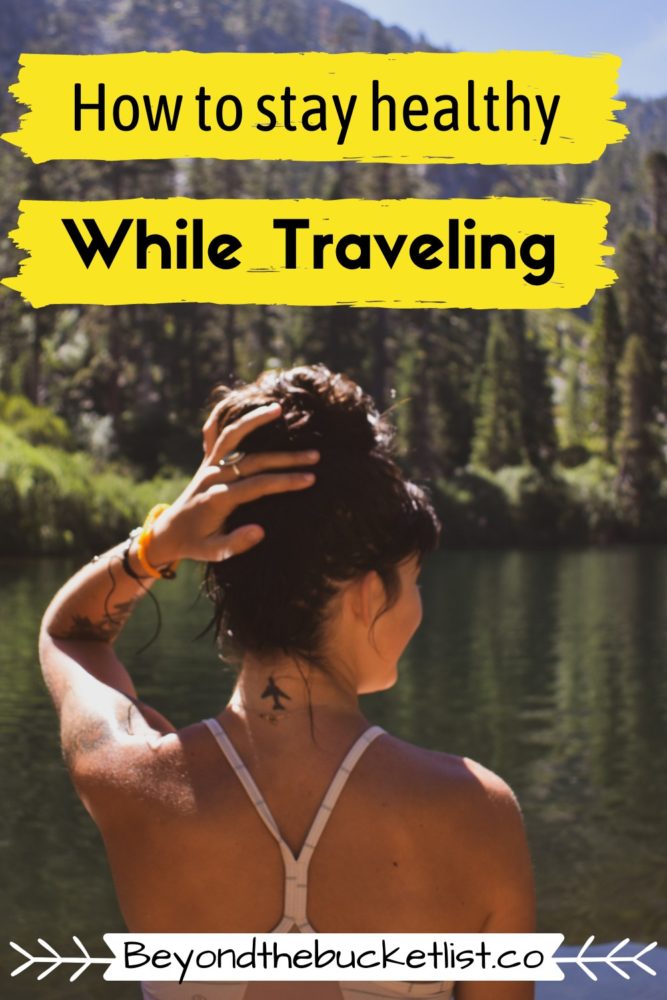
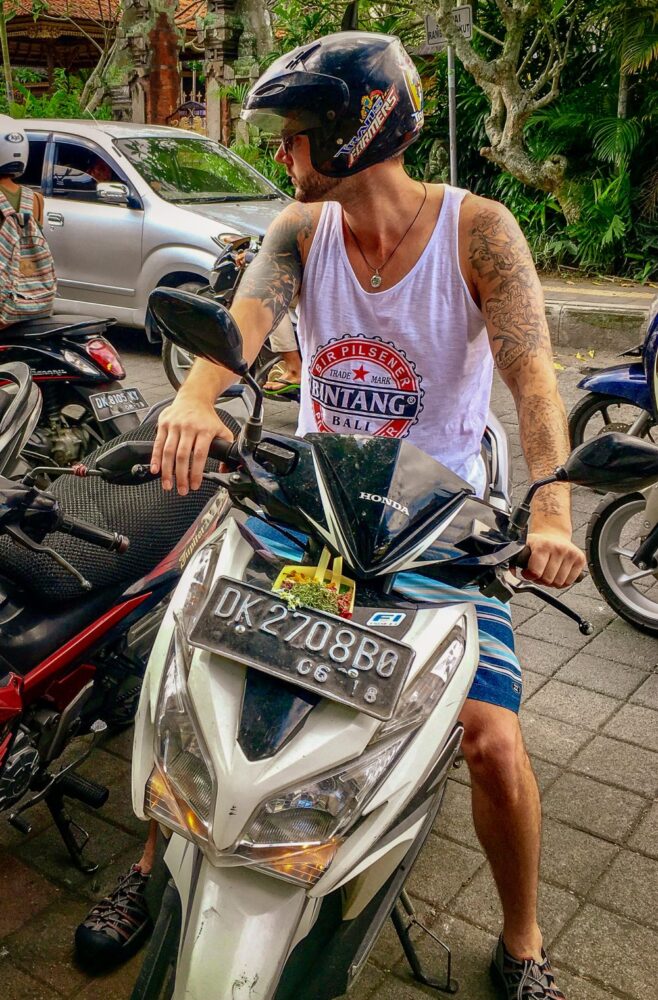
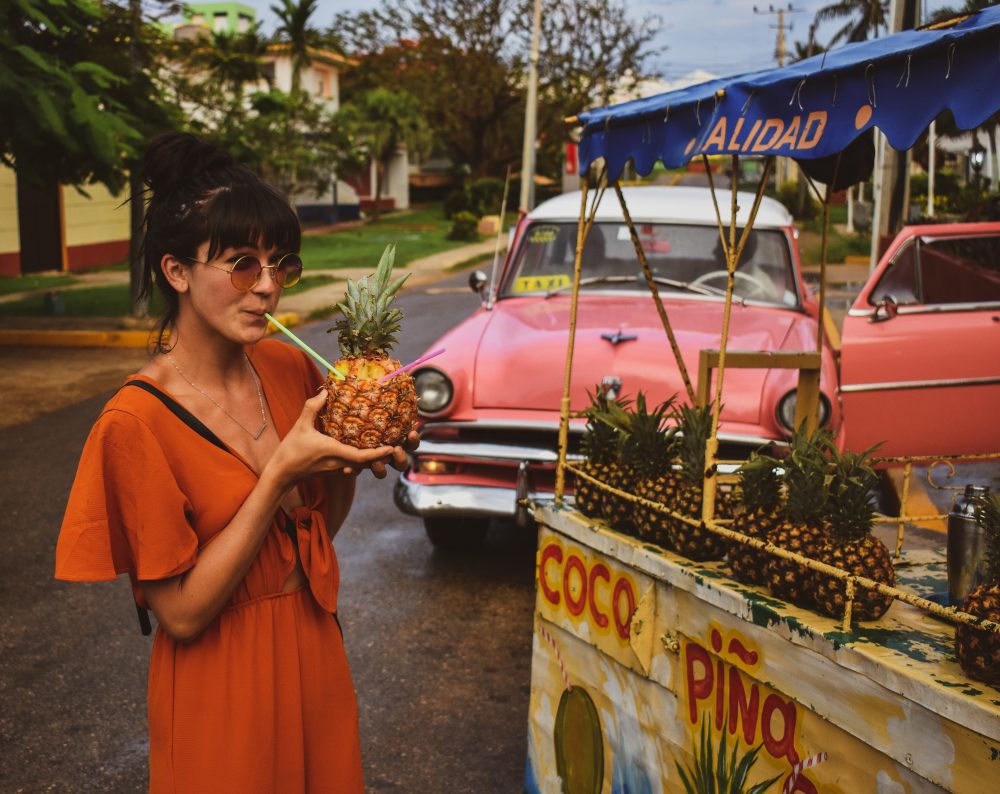
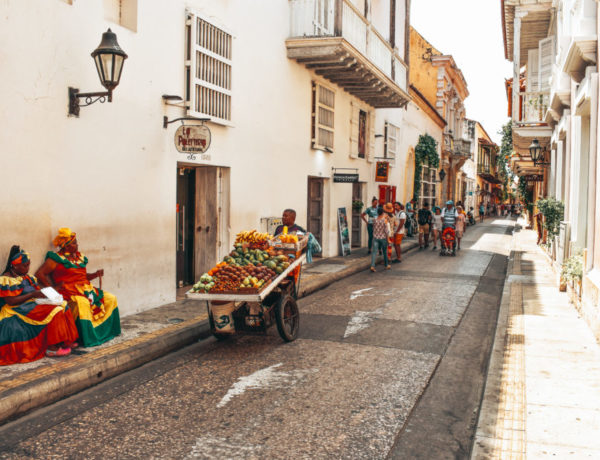


5 Comments
Sapna Kapoor
February 1, 2019 at 9:49 pmThis is such a comprehensive post with so many useful tips. You have covered all possible situation and conditions.
theunend
February 2, 2019 at 9:32 amGreat tips. I always travel with the specific medicines I use that I may not be able to get elsewhere like migraine medicine. I now also travel with cold meds and emergen-C as I find that helpful especially after long air travel.
Mayuri
February 2, 2019 at 10:37 amSuch an in-depth guide with very handy and useful tips! Many times we don’t think about food and water safety thanks for highlighting that!
dailytravelpill
February 2, 2019 at 11:50 pmwow. This is such a complete guide. I wish I knew all this before starting to travel full time. haha. I guess better later than never!
How to Save Money for Travel & Ways to Make Your Dream Trip Cheaper -
August 19, 2019 at 11:53 am[…] Healthy. Know when you can & cannot drink the water for example. Health and Safety are super important abroad. A little research and you’ll avoid a nasty bout of food […]